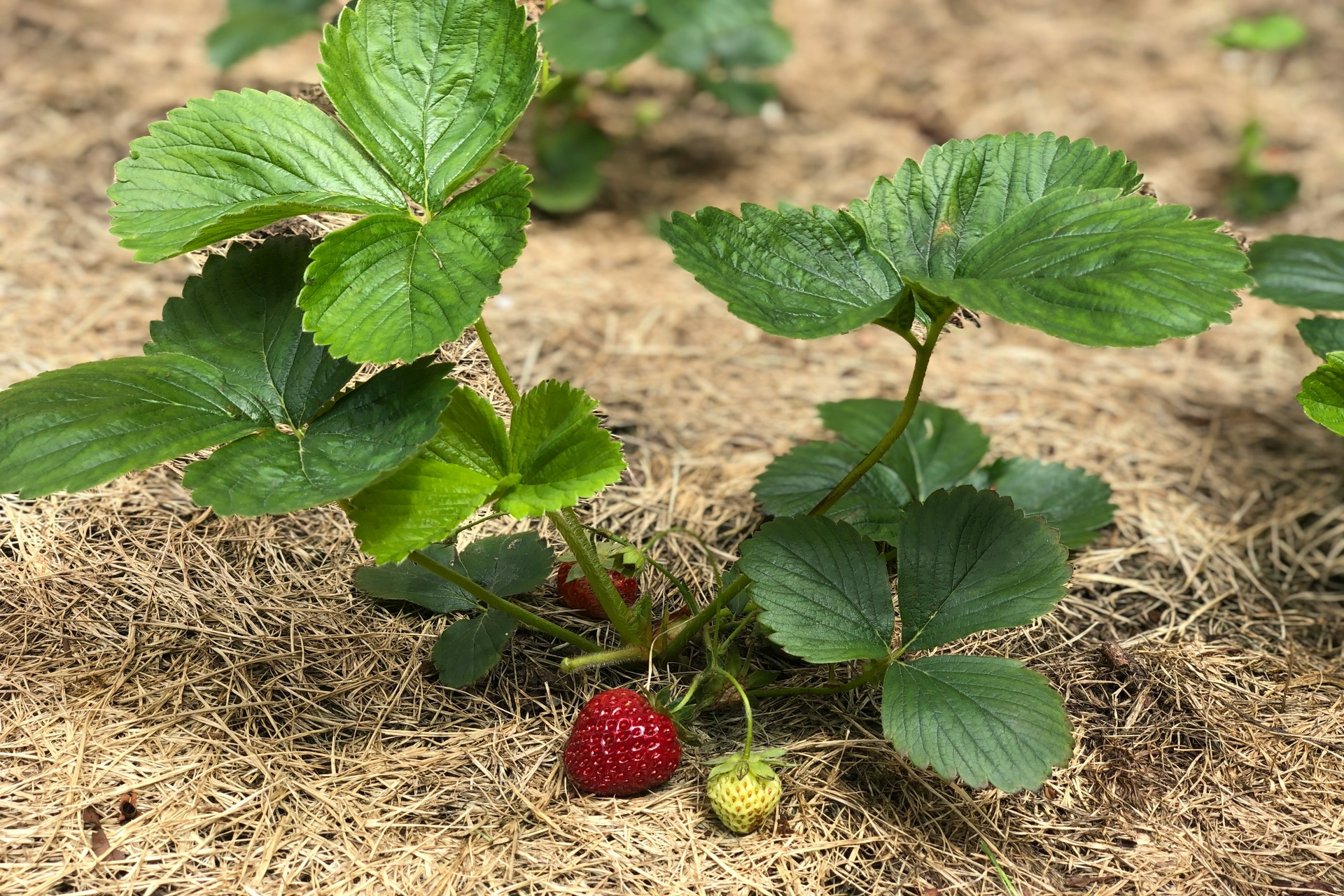
Simple Ways to Transition to Organic Farming Methods
We are reader-supported. When you buy through links on our site, we may earn affiliate commission.
Organic farming is a natural approach to agriculture that eliminates synthetic chemicals. Instead, it focuses on sustainable practices like crop rotation, composting and biological pest control. This method offers numerous benefits, including healthier soil, improved biodiversity and reduced pollution, making it an eco-friendly choice for farmers.
Economically, organic farming opens doors to premium markets, higher profits and a growing base of environmentally conscious consumers. It also supports better health by reducing exposure to harmful pesticides and offering nutrient-dense food options. With global demand for organic products soaring, organic farming presents a compelling opportunity for those looking to align with this expanding market.
Organic Farming Standards
Organic certification — such as USDA Organic in the U.S. and EU Organic in Europe — sets clear standards for sustainable farming. To meet these requirements, crops like produce and grains must use natural fertilizers and eco-friendly pest control methods that avoid synthetic chemicals. These standards also emphasize practices that protect soil health and water resources, ensuring long-term environmental sustainability.
Compliance with local and international regulations is crucial for farmers aiming to access premium markets and build trust with eco-conscious consumers. Following these guidelines helps secure certification and demonstrates their commitment to a healthier, more sustainable food system.
Assess Your Current Farming Practices
Assessing soil health, crop diversity and pesticide use is vital for farmers transitioning to organic methods. Diverse crops improve nutrient efficiency, reduce soil erosion and foster healthier, more productive soils over time. By analyzing current practices, farmers can identify areas for improvement. These include replacing synthetic pesticides with natural pest control methods or swapping chemical fertilizers for compost and organic amendments.
A structured transition plan with clear goals and realistic timelines ensures a smooth shift. For instance, farmers can start introducing crop rotation within six months or reducing synthetic inputs in the first season. Gradual changes like these help farmers build a sustainable foundation while maintaining productivity.
Focus on Soil Health
Healthy soil is the foundation of organic farming, providing the nutrients and structure plants need to thrive. To improve soil fertility, organic farmers rely on techniques like composting, which enriches the soil with organic matter and essential microorganisms. Likewise, cover cropping can prevent erosion and replenish nutrients like nitrogen.
Avoiding synthetic fertilizers protects soil health and prevents harmful chemical runoff that can impact water sources. Instead, natural amendments like compost and green manure build a robust, nutrient-rich soil ecosystem. These practices boost crop productivity and create a sustainable, long-term solution for farming success.
Choose the Right Crops
Choosing crops suited to the local climate and soil conditions is essential for successful organic farming. Farmers should prioritize plants that naturally thrive in their region, as they require fewer inputs and are better adapted to withstand local weather patterns.
Incorporating crop rotation into the plan is equally important — it disrupts pest life cycles, improves soil fertility and enhances overall yield. This practice also minimizes the spread of invasive species, suppresses weeds and fosters attentiveness to growing seasonally appropriate produce.
Additionally, intercropping and companion planting offer valuable benefits. Farmers can maximize space, reduce pest pressure and improve nutrient uptake by growing complementary crops. For instance, pairing nitrogen-fixing plants like legumes with heavy feeders such as corn enhances soil fertility while reducing the need for external inputs. These strategies optimize yields and promote a balanced and resilient ecosystem.
Replace Synthetic Inputs with Organic Alternatives
Organic farming relies on natural alternatives to sustain soil health, manage pests and control weeds effectively. Organic fertilizers like compost, manure and bone meal enrich the soil with nutrients while improving its structure and water retention capacity. Chemical fertilizers can lead to soil acidification, the loss of beneficial organisms and deteriorated soil structure over time. Conversely, organic options promote long-term fertility and sustainability.
Integrated pest management (IPM) techniques are vital for pest control. These methods combine preventive measures, monitoring and biological controls to maintain a healthy balance. Farmers can introduce natural predators like ladybugs to control aphids or use biological sprays made from plant-based substances to deter pests.
Similarly, weed management strategies include mulching to suppress weed growth, hand weeding for precision and cover cropping to outcompete weeds naturally. These organic practices protect the environment and create a thriving ecosystem that supports healthy crop growth.
Start Small and Scale Gradually
Transitioning to organic farming doesn’t have to happen all at once. Starting small can make the process more manageable. Farmers can begin by converting a portion of their land to organic practices, focusing on smaller plots to experiment with techniques like natural fertilizers, crop rotation and biological pest control.
This approach allows them to manage risks by identifying what works best for their soil, climate and crops without jeopardizing the operation. Over time, these smaller-scale trials help refine practices and build confidence for scaling up. Gradually expanding organic methods across the farm ensures a smoother transition and sets the stage for long-term success.
Leverage Technology and Education
Staying informed is essential for organic farmers looking to thrive in a cutthroat industry. Workshops, online courses and agricultural extension services provide practical knowledge on techniques, certifications and sustainable practices tailored to organic systems. Modern tools — like soil monitoring apps and weather forecasting tools — further support farmers by offering real-time insights for better decision-making.
Additionally, connecting with local and online organic farming communities creates opportunities to share advice, solve challenges and gain inspiration from others with similar goals. These resources and technologies empower farmers to continually improve and succeed in their organic farming journey.
Build Relationships with Organic Markets
Finding the right buyers, co-ops and certification bodies is crucial for organic farmers who want to sell their products effectively. Partnering with local co-ops or organic food markets can provide consistent demand while obtaining certification from trusted bodies like USDA Organic builds credibility. Marketing organic products requires showcasing their value. Consumers often consider organic foods more nutritious, natural and environmentally friendly than conventional alternatives.
Farmers can build a loyal customer base by emphasizing transparency — sharing details about their farming practices, certifications and commitment to sustainability. Storytelling adds a personal touch, allowing farmers to connect emotionally with consumers by highlighting their journey, dedication to the land and passion for producing high-quality organic food.
Building a Sustainable Future Through Organic Farming
Organic farming offers long-term benefits by improving soil health, reducing environmental impact and creating opportunities for premium markets. It ensures a sustainable future for farmers and the planet. Taking the first step toward sustainable practices today can lead to a thriving, eco-friendly farming operation that supports people and nature for future generations.
Share on
Like what you read? Join other Environment.co readers!
Get the latest updates on our planet by subscribing to the Environment.co newsletter!
About the author

Jane Marsh
Starting from an early age, Jane Marsh loved all animals and became a budding environmentalist. Now, Jane works as the Editor-in-Chief of Environment.co where she covers topics related to climate policy, renewable energy, the food industry, and more.





